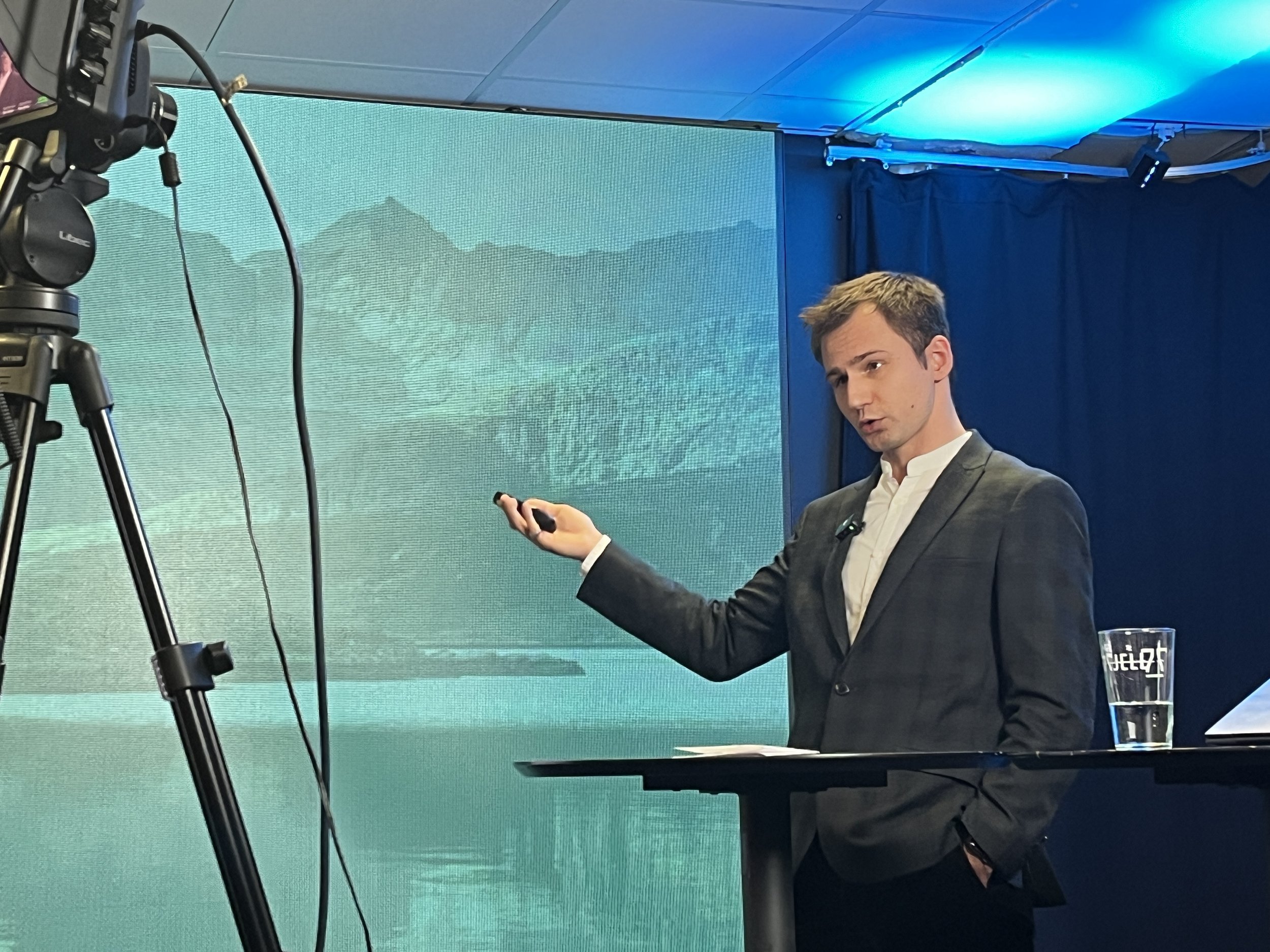
POLET at Climate breakfast seminar and roundtable on the future of carbon capture and storage
Tsimafei Kazlou shared POLET research on the feasibility of carbon capture and storage technologies to Norwegian policymakers and industry representatives

POLET Research Workshop and session at MESPOM Alumni Conference 2024 in Budapest
POLET team organised a workshop to discuss our future research agenda, and presented our research at the MESPOM Alumni Conference 2024 in Budapest, Hungary

Masahiro Suzuki defends his PhD and receives two scientific awards
Masahiro Suzuki defended his PhD summa cum laude at Central European University and receives two scientific awards for his research.
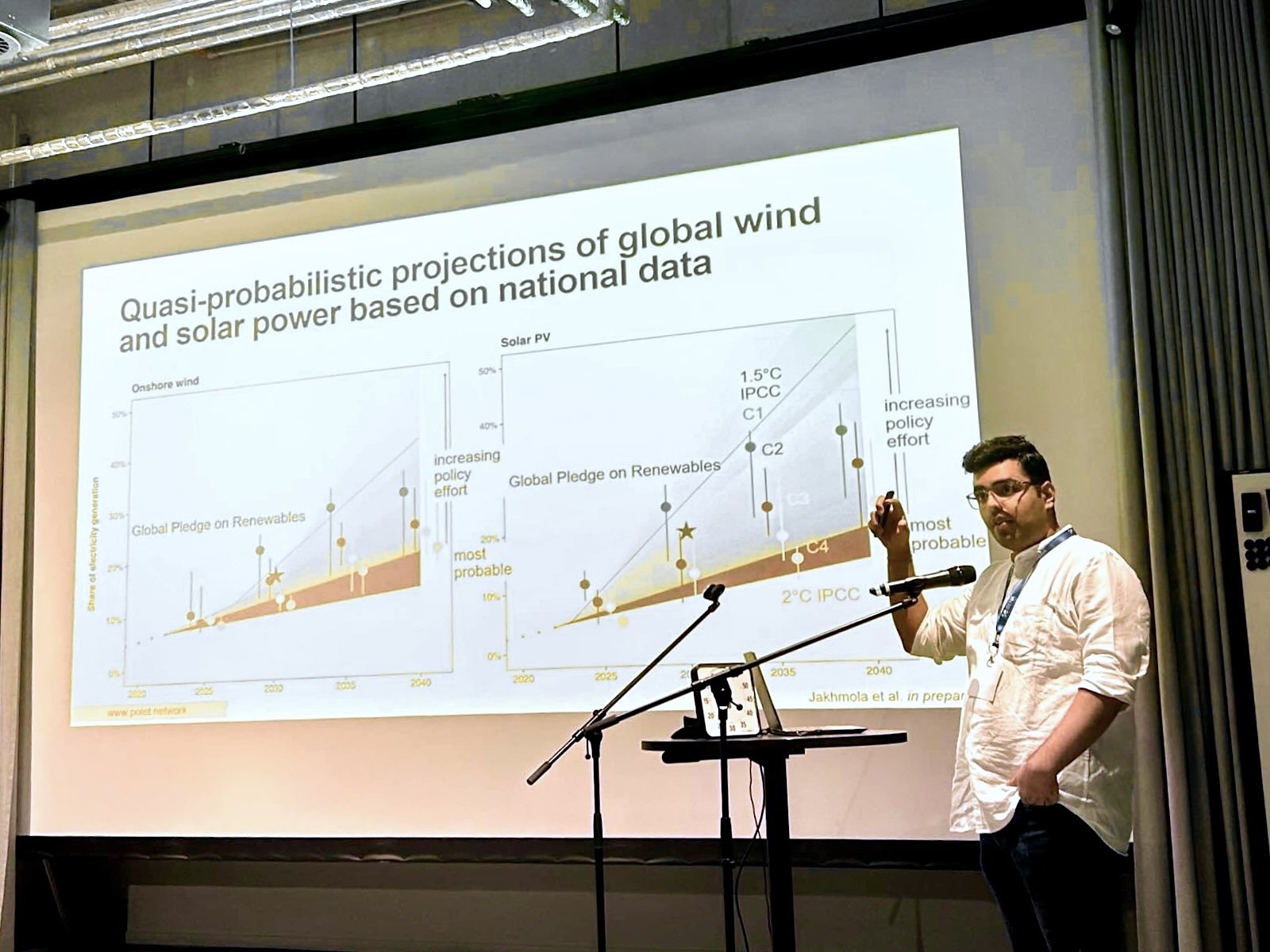
POLET at the International Energy Workshop 2024: Future growth of wind and solar power projected by historical national experience
Avi Jakhmola presented a method for projecting global technology growth using evidence from national deployment at the International Energy Workshop 2024 in Bonn, Germany
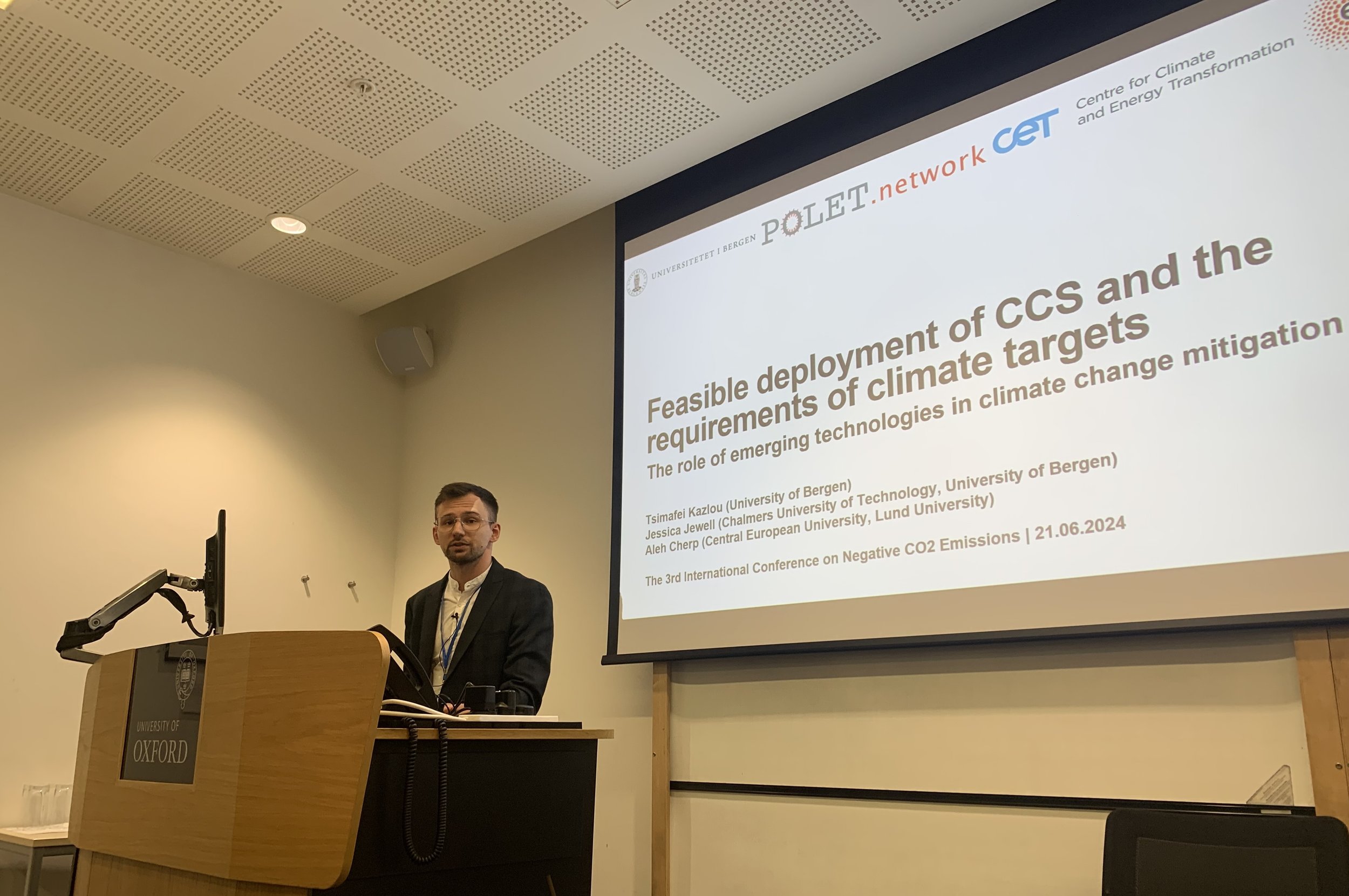
POLET at the 3rd International Conference on Negative CO2 Emissions: Feasible deployment of carbon capture and storage and the requirements of climate targets
Tsimafei Kazlou presented POLET research on the feasibility of carbon capture and storage technologies at the 3rd International Conference on Negative CO2 Emissions 2024 in Oxford, UK
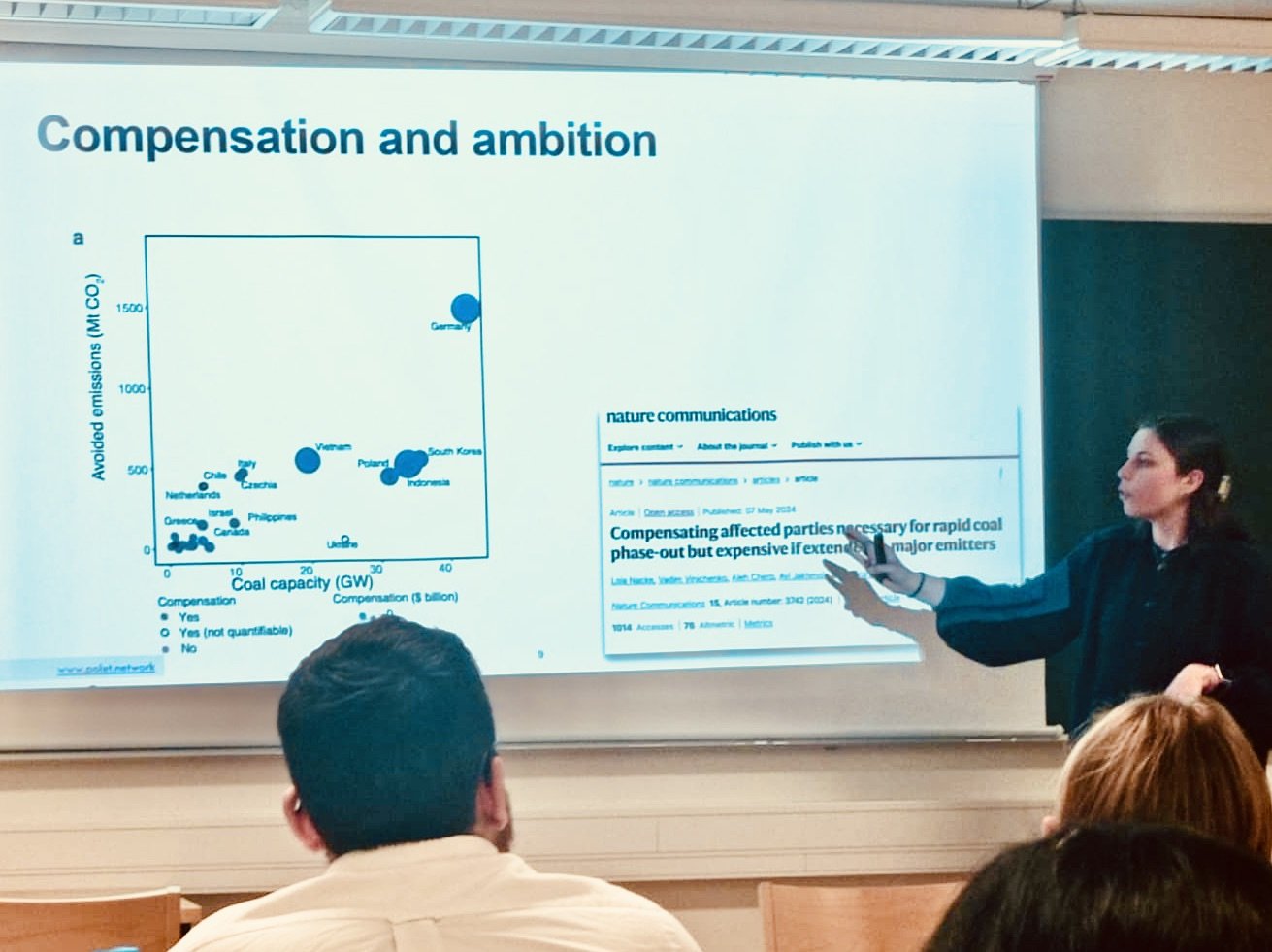
POLET at IST2024: Four phases of technology growth and the price tag for just transitions
Jessica Jewell and Lola Nacke presented POLET research on the phases of technology growth and on feasible and just energy transitions at the International Sustainability Transitions Conference 2024 in Oslo, Norway

POLET session at What Works Climate Solutions Summit 2024
POLET research group hosts session on accelerating energy transitions at What Works Climate Solutions Summit 2024 in Berlin
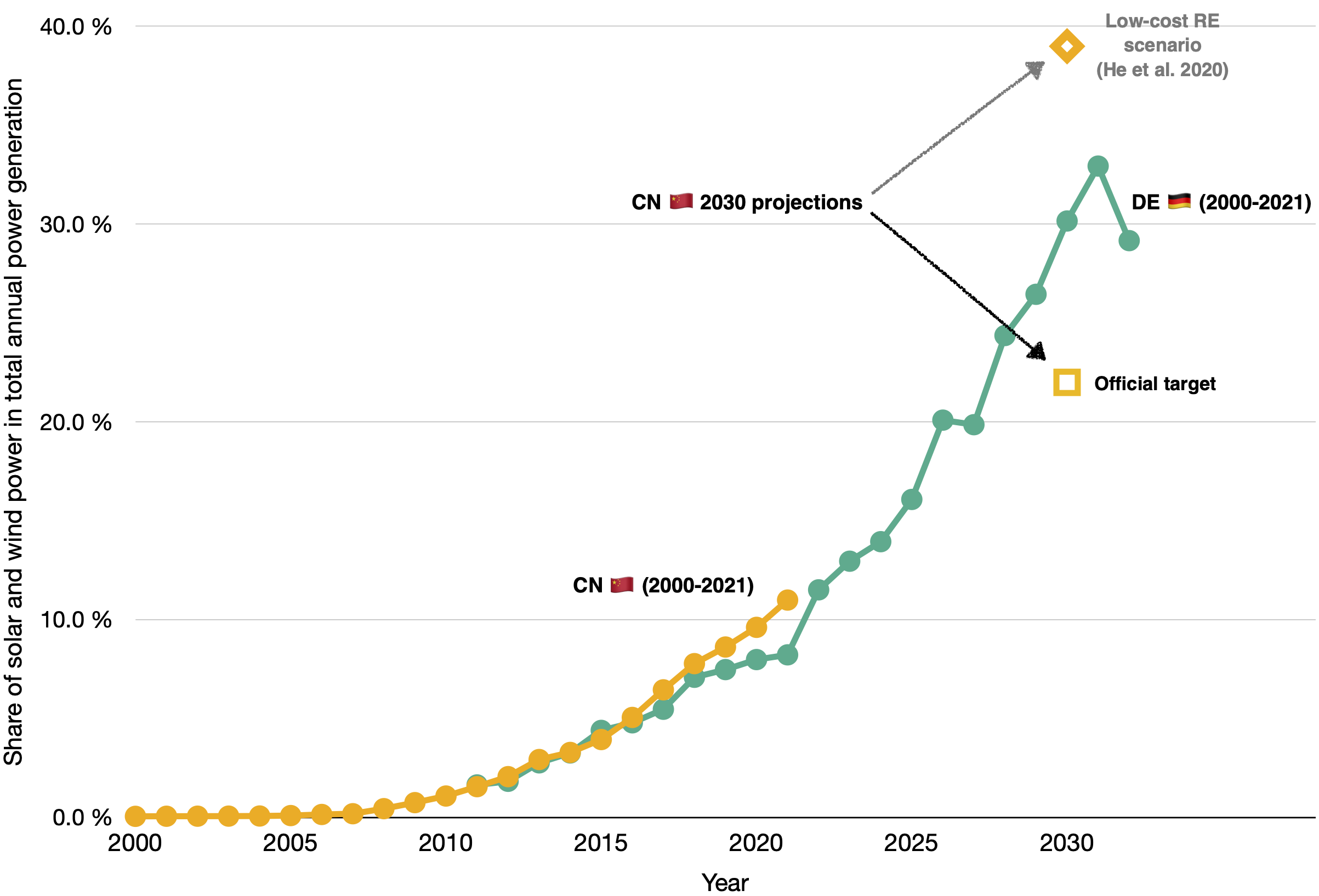
Renewables growth in China and normalising normalisation
Renewable power capacity additions in China often attract widespread attention for their sheer magnitude. But how useful are these raw numbers without considering the size of the country? Using installed capacity per capita and renewables’ share of national electricity production as illustrative examples, I make a case for normalising data when making inter-country comparisons. In addition to offering richer insights into the pace and extent of energy transitions, such analyses allow for a more nuanced view of change, help contextualise progress and set more realistic expectations.

Feasibility of decarbonising electricity in G7 by 2035
G7 countries and the European Union have committed to decarbonise electricity by 2035. Is this target feasible? We show that it would require expanding low-carbon electricity 4.5 times faster and reducing fossil-based electricity 2 times faster than in 2015-2020 between 2020 and 2035. Unfortunately in 2021, most G7 countries increased the use of fossils and slowed down the growth of low-carbon electricity, making it even more challenging to achieve the target by 2035.

Two post-doc positions at Chalmers University
Two post-doc positions on the dynamics of energy transitions at Chalmers University. One focuses on the economics and speed of energy transitions and the other on the diffusion and growth of technologies and infrastructures. Selection ongoing, we start reviewing applications August 29th, 2022.
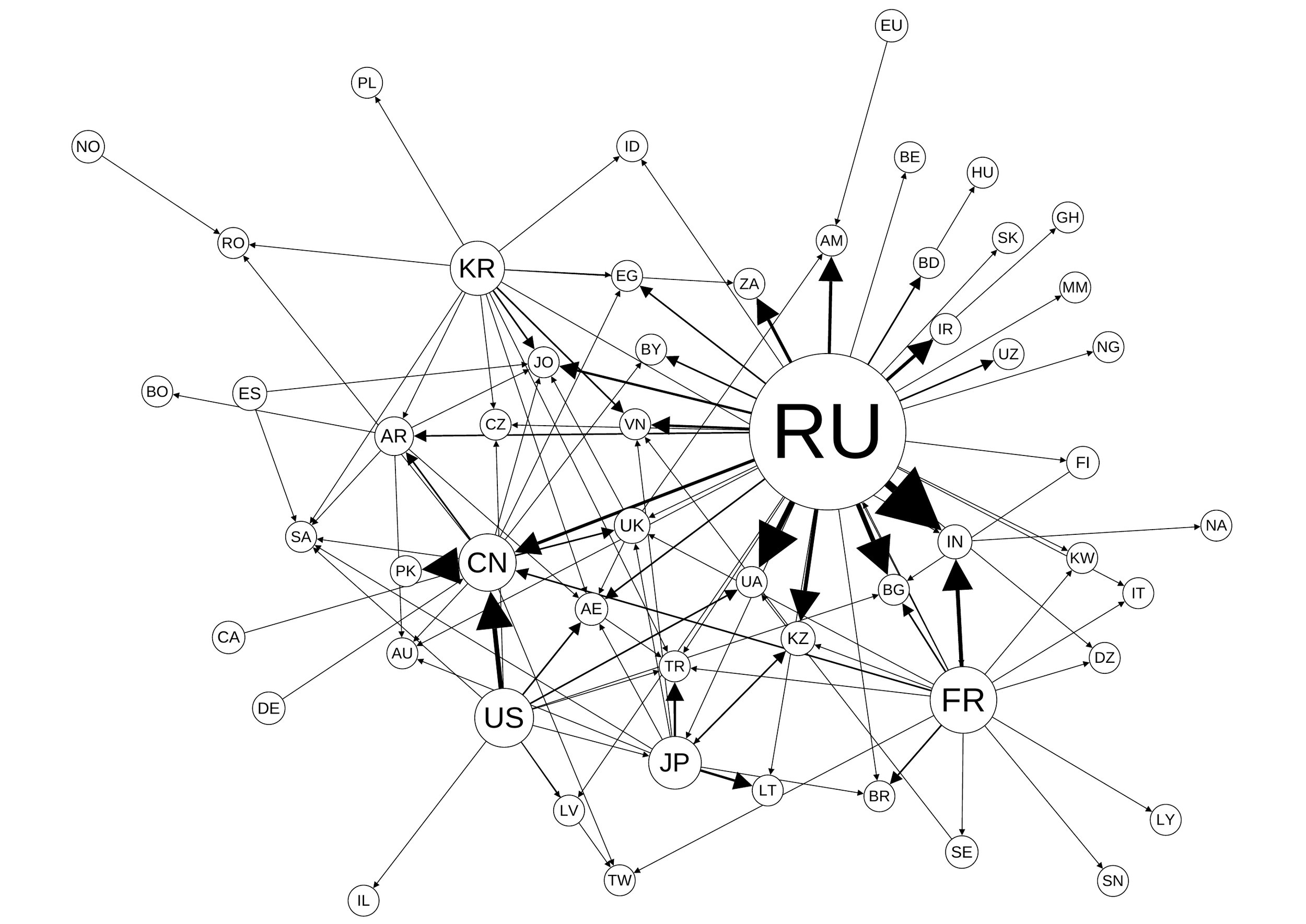
Nuclear power worldwide is also affected by Russia’s war in Ukraine
Russia’s invasion of Ukraine has massively disrupted global and European energy markets. While most of the attention has focused on the EU’s dependence on Russian gas and oil supplies, Russia is also at the center of global nuclear power. The current crisis could lead to shifts in supplies of nuclear technologies which reverberate for decades to come.

How fast can Europe get off Russian gas?
Last week, the EU announced a target to be free of Russian fossil fuels by 2030. As European countries face this goal, two questions arise: (1) Is it sufficiently ambitious and realistic? and (2) Will this support or compromise our climate objectives?

Can we predict the future growth of renewables based on past trends?
The IEA’s latest World Energy Outlook refreshes sophisticated scenarios that project the future growth of solar PV. Here, I investigate if we can match their predictions by fitting an S-curve to historical growth data.

Global growth of wind needs to be double as fast as recent growth in Germany to meet IEA’s Net Zero by 2050
The IEA Net Zero 2050 Roadmap envisions adding 310 GW of onshore wind in 2030. This is the same as was added globally in the last five years. Has such a rate been ever achieved in any country?

PhD position at Chalmers University of Technology
New PhD position analyzing climate targets and energy choices in different countries based at Chalmers University. Apply by May 21st.